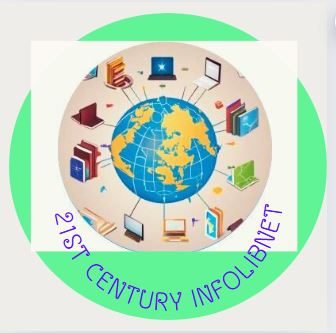Introduction:
The Organisation of Southern Cooperation (OSC), in collaboration with the International Cooperation Group of Brazilian Universities (GCUB), is offering 400 postgraduate scholarships to students from OSC Member States. This initiative aims to promote international academic mobility and South-South cooperation, with the goal of fostering education as a tool for cultural exchange and transformative influence [1].
Scholarship Details:
- The scholarships are available for a wide range of Master’s and Doctoral programs at renowned Brazilian universities [1].
- Detailed information on eligible programs, admission requirements, and application procedures will be provided with the 2024 OSC scholarship Call for Applications [1].
- Applicants can apply to up to five different programs at various universities through one online GCUB application at no cost [1].
Important Dates:
- Online Application Period: May 2 – June 17, 2024 [1].
- Results Announcement: September 25, 2024 [1].
- Program Start: 2025 (according to each university’s academic calendar) [1].
Scholarship Benefits:
- The scholarship covers all enrollment and academic fees [1].
- Selected candidates will receive monthly stipends [1].
- Additional benefits include free access to university facilities and a contribution of up to USD 1,500 per student for airfare, visa processing, and international medical insurance [1].
Eligibility Criteria:
- Applicants should be from countries that are OSC Member States with diplomatic relations with Brazil. Brazilian nationals are not eligible [1].
- Priority will be given to applicants from OSC Member States in emergency situations, with 100 scholarships specifically earmarked for such cases [1].
- Applicants must be in good physical and mental health [1].
Application Requirements:
- Applicants must submit a National ID, diploma or certificate from their last degree program, a Curriculum Vitae, and two essays on their academic and research goals [1].
- The selection process includes a completeness check, evaluation by chosen universities, and a final selection based on a points system [1].
Responsibilities of Scholarship Recipients:
- Recipients are required to sign an OSC 2024 scholarship acceptance contract, obtain a valid student visa, and purchase international medical insurance [1].
- They must also comply with Brazilian immigration and academic standards, demonstrate intermediate Portuguese proficiency before completing their thesis or dissertation, and commit to returning to their home country after their studies [1].
Application Deadline: June 17, 2024 [1].
Learn more:










You must be logged in to post a comment.